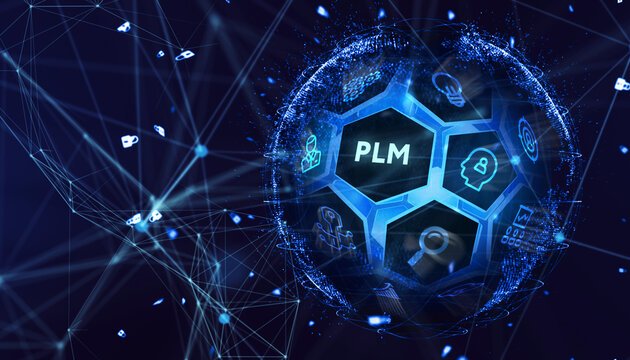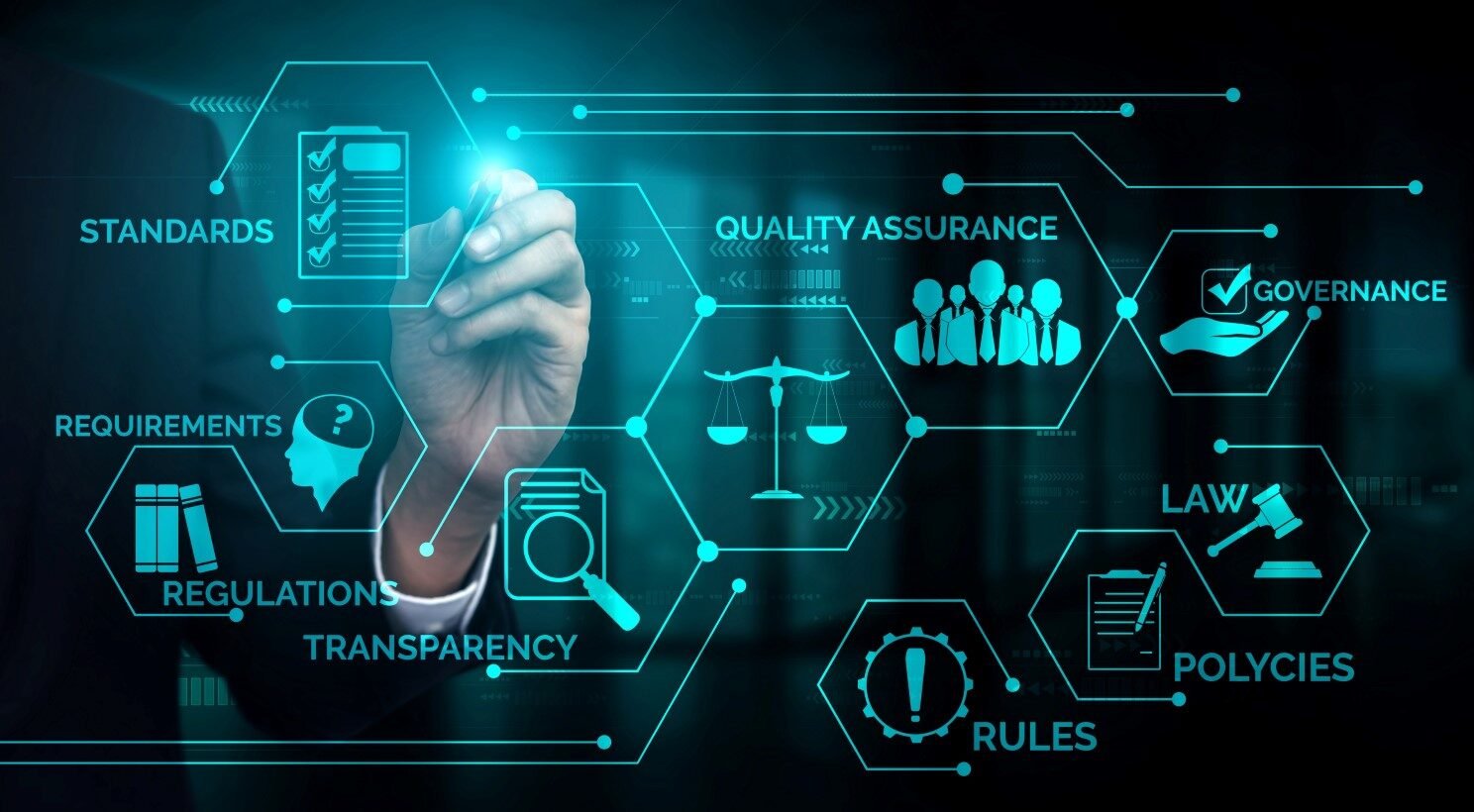The decentralized finance (DeFi) ecosystem has revolutionized how we think about financial services, but navigating the complex regulatory landscape requires expert DeFi legal compliance guidance. As governments worldwide develop frameworks for digital assets, DeFi projects and participants face unprecedented legal challenges that demand careful attention and strategic planning.
Understanding regulatory requirements isn’t just about avoiding penalties—it’s about building sustainable, trustworthy platforms that can thrive in an evolving legal environment. Whether you’re launching a new DeFi protocol, participating in yield farming, or providing liquidity services, comprehensive DeFi legal compliance guidance helps you make informed decisions that protect your interests and ensure long-term viability in this dynamic space.
Understanding the Current DeFi Regulatory Landscape
The Evolution of DeFi Regulations Globally
The regulatory approach to decentralized finance varies significantly across jurisdictions, creating a complex web of requirements that DeFi participants must navigate. In the United States, agencies like the SEC, CFTC, and FinCEN have taken increasingly active roles in defining how existing financial regulations apply to DeFi protocols and activities.
European regulators have moved forward with the Markets in Crypto-Assets (MiCA) regulation, which provides a comprehensive framework for digital asset services. Meanwhile, jurisdictions like Singapore, Switzerland, and the UAE have developed more DeFi-friendly regulatory sandboxes that allow innovation while maintaining oversight.
The challenge for DeFi projects lies in understanding how these different regulatory approaches impact their operations, especially when serving users across multiple jurisdictions. Each jurisdiction may classify DeFi tokens, services, and activities differently, requiring tailored compliance strategies.
Key Regulatory Bodies and Their Positions
Understanding which regulatory bodies have jurisdiction over different aspects of DeFi operations is crucial for effective compliance. In the US, the Securities and Exchange Commission (SEC) focuses on whether DeFi tokens qualify as securities, while the Commodity Futures Trading Commission (CFTC) oversees derivatives and commodity-related activities.
The Financial Crimes Enforcement Network (FinCEN) addresses anti-money laundering (AML) and know-your-customer (KYC) requirements, which present unique challenges for decentralized protocols that traditionally operate without intermediaries.
International bodies like the Financial Action Task Force (FATF) provide guidance that influences national regulations, particularly regarding AML requirements and the “travel rule” for cryptocurrency transactions.
Core Components of DeFi Legal Compliance Guidance

Securities Law Considerations
One of the most critical aspects of DeFi legal compliance guidance involves understanding securities law implications. The Howey Test, established by the US Supreme Court, determines whether a digital asset constitutes a security based on four criteria: investment of money, common enterprise, expectation of profits, and reliance on others’ efforts.
Many DeFi tokens, particularly governance tokens and yield-generating assets, may fall under securities regulations depending on their structure and distribution method. Projects must carefully analyze their token economics, governance mechanisms, and marketing materials to assess securities law risk.
The concept of “sufficient decentralization” has emerged as a potential safe harbor, where truly decentralized protocols may avoid securities classification. However, this remains an evolving area of law with limited official guidance.
Anti-Money Laundering (AML) and Know Your Customer (KYC) Requirements
Traditional financial institutions must implement comprehensive AML and KYC programs, but applying these requirements to decentralized protocols presents unique challenges. Some DeFi platforms have begun implementing identity verification processes, while others argue that their decentralized nature makes such requirements technically impossible or contrary to their design principles.
The debate over AML compliance in DeFi continues to evolve, with some protocols adopting hybrid approaches that balance compliance requirements with decentralization principles. These solutions often involve risk-based approaches, transaction monitoring, and selective KYC implementation for certain activities or transaction thresholds.
Regulatory authorities have indicated that DeFi protocols may need to implement compliance measures similar to traditional financial service providers, particularly when they exercise control over user funds or facilitate transactions that could enable money laundering.
Tax Compliance and Reporting Obligations
Tax compliance represents another crucial component of DeFi legal compliance guidance. DeFi activities can generate taxable events through various mechanisms, including token swaps, yield farming rewards, liquidity provision, and governance token distributions.
Different jurisdictions treat DeFi activities differently for tax purposes. Some classify yield farming rewards as ordinary income, while others may treat them as capital gains. The timing of tax obligations can also vary, with some jurisdictions requiring tax payments upon receipt of tokens and others upon their disposal.
DeFi participants must maintain detailed records of all transactions, including timestamps, token values, gas fees, and the nature of each activity. This documentation becomes essential for accurate tax reporting and potential audit defense.
Regulatory Compliance Frameworks for Different DeFi Activities
Decentralized Exchanges (DEXs) Compliance
Decentralized exchanges face unique compliance challenges as they facilitate peer-to-peer trading without traditional intermediary oversight. Regulatory authorities have begun scrutinizing DEX protocols, particularly those with governance tokens or fees that benefit token holders.
Some jurisdictions require DEX operators to register as money service businesses or obtain exchange licenses, even when the protocol operates through smart contracts. The level of control exercised by developers, the presence of administrative keys, and the revenue model all factor into regulatory classification.
Compliance strategies for DEXs often include geo-blocking users from certain jurisdictions, implementing transaction limits, and developing partnerships with compliant service providers for KYC/AML screening.
Lending and Borrowing Protocols
DeFi lending protocols must navigate complex regulatory frameworks that govern traditional lending activities. Questions arise about whether these protocols constitute banks, securities offerings, or investment services depending on their structure and operation.
Interest-earning opportunities through DeFi lending may trigger securities regulations, particularly when marketed to retail investors. The automated nature of smart contract lending doesn’t necessarily exempt protocols from compliance requirements that apply to traditional lenders.
Some protocols have addressed compliance concerns by implementing permissioned access, requiring accredited investor verification, or limiting services to specific jurisdictions with clearer regulatory frameworks.
Yield Farming and Liquidity Mining
Yield farming and liquidity mining programs present complex regulatory challenges that require careful DeFi legal compliance guidance. These activities often involve token distributions that may qualify as securities offerings, requiring registration or exemption from securities laws.
The structure of yield farming programs, including emission schedules, vesting periods, and governance rights, can significantly impact regulatory classification. Programs that promise specific returns or rely heavily on the efforts of development teams may face greater securities law scrutiny.
Compliance strategies for yield farming include implementing lock-up periods, requiring investor accreditation, providing detailed risk disclosures, and carefully structuring token economics to minimize securities law risk.
Jurisdictional Considerations and Cross-Border Compliance
United States Regulatory Environment
The US regulatory environment for DeFi remains complex and evolving, with multiple agencies asserting jurisdiction over different aspects of DeFi activities. The SEC’s approach has been enforcement-heavy, with several high-profile cases against DeFi projects and their founders.
Recent enforcement actions have targeted projects for unregistered securities offerings, inadequate investor protections, and failure to implement proper compliance controls. These cases provide important guidance on regulatory expectations but also highlight the risks facing DeFi projects operating in the US market.
Compliance strategies for US-focused DeFi projects often include legal entity structuring, securities law analysis, investor accreditation requirements, and comprehensive risk disclosures.
European Union and MiCA Regulation
The European Union’s Markets in Crypto-Assets (MiCA) regulation provides a comprehensive framework for digital asset services, including many DeFi activities. MiCA establishes licensing requirements for crypto asset service providers and issuers of certain types of tokens.
While MiCA includes some exemptions for fully decentralized protocols, many DeFi projects may still fall within its scope due to governance structures, revenue models, or the level of control exercised by development teams.
Compliance with MiCA requires careful analysis of token classification, service provider definitions, and operational requirements. Projects serving EU users must consider licensing requirements, capital adequacy rules, and customer protection measures.
Asia-Pacific Regulatory Approaches
Asia-Pacific jurisdictions have taken diverse approaches to DeFi regulation, creating opportunities and challenges for projects seeking to operate in these markets. Singapore’s approach emphasizes innovation while maintaining appropriate oversight, while Japan has developed specific frameworks for different types of crypto activities.
Some countries in the region have banned or heavily restricted DeFi activities, while others have created regulatory sandboxes that allow experimentation with reduced compliance burdens. Understanding these different approaches is essential for projects seeking to operate across multiple Asian markets.
Risk Management and Compliance Best Practices
Implementing Effective Compliance Programs
Effective DeFi legal compliance guidance emphasizes the importance of proactive compliance programs that address regulatory requirements while preserving the innovative aspects of decentralized finance. These programs should include regular legal reviews, compliance monitoring systems, and clear policies for handling regulatory changes.
Successful compliance programs often involve multidisciplinary teams that include legal experts, compliance professionals, and technical developers who understand both regulatory requirements and blockchain technology. Regular training and updates ensure that team members stay current with evolving regulations.
Documentation and record-keeping represent critical components of effective compliance programs. Projects should maintain detailed records of decision-making processes, compliance assessments, and remediation activities to demonstrate good-faith efforts to comply with applicable regulations.
Smart Contract Auditing and Legal Review
Smart contract auditing should include both technical security reviews and legal compliance assessments. Technical audits identify vulnerabilities and coding errors, while legal reviews assess whether smart contract functionality complies with applicable regulations.
The immutable nature of many smart contracts makes pre-deployment compliance review particularly important. Once deployed, fixing compliance issues may require complex upgrade mechanisms or complete redeployment, both of which can be costly and disruptive.
Legal review of smart contracts should consider how automated functions interact with regulatory requirements, whether governance mechanisms create securities law issues, and how emergency controls might affect decentralization claims.
Incident Response and Regulatory Communication
DeFi projects should develop comprehensive incident response plans that address both technical issues and regulatory concerns. These plans should include procedures for communicating with regulators, users, and other stakeholders during significant events.
Regulatory communication strategies should emphasize transparency, cooperation, and good-faith efforts to address compliance concerns. Early engagement with regulators can help projects avoid enforcement actions and develop workable compliance solutions.
Incident response plans should also address how to handle requests for information from regulators, law enforcement agencies, and other governmental authorities while protecting user privacy and maintaining operational integrity.
Also Read: Bitcoin Legal Advice Consultation Expert Guidance for Cryptocurrency Matters
Future Trends and Regulatory Developments

Emerging Regulatory Frameworks
Regulatory frameworks for DeFi continue to evolve rapidly, with new guidance and enforcement actions regularly shaping the compliance landscape. Proposed regulations in major jurisdictions suggest increased oversight of DeFi activities, with potential requirements for licensing, reporting, and consumer protection measures.
The concept of “responsible decentralization” has gained traction among regulators and industry participants, suggesting that DeFi projects should implement appropriate safeguards and compliance measures while preserving the benefits of decentralization.
International coordination among regulators appears to be increasing, with organizations like the Basel Committee and FATF developing standards that may influence national DeFi regulations. This coordination could lead to more harmonized global approaches to DeFi oversight.
Technology Solutions for Compliance
Technological solutions are emerging to help DeFi projects implement compliance requirements without sacrificing decentralization or user experience. Privacy-preserving identity verification, automated compliance monitoring, and programmable compliance controls represent promising developments.
Zero-knowledge proof technologies may enable KYC and AML compliance while preserving user privacy. These solutions could allow DeFi protocols to verify user credentials and screen for sanctions compliance without revealing personal information.
Automated compliance monitoring tools can help DeFi projects track regulatory obligations, monitor transactions for suspicious activity, and generate required reports. These tools may become essential for projects seeking to operate in multiple regulated jurisdictions.
Building Compliant DeFi Projects A Step-by-Step Approach
Pre-Launch Legal Assessment
Before launching any DeFi project, conducting a comprehensive legal assessment is essential for understanding regulatory obligations and potential risks. This assessment should analyze the project’s token economics, governance structure, revenue model, and target user base across relevant jurisdictions.
The legal assessment should also consider how the project’s activities might be classified under existing financial services regulations and what compliance requirements might apply. This analysis helps projects make informed decisions about legal structuring, operational requirements, and risk management strategies.
Engaging experienced legal counsel early in the development process can help projects avoid common compliance pitfalls and design structures that balance regulatory requirements with decentralization goals.
Ongoing Compliance Monitoring
DeFi legal compliance guidance emphasizes the importance of ongoing monitoring and adaptation as regulatory requirements evolve. Projects should establish regular review processes to assess changes in applicable laws, regulatory guidance, and enforcement actions.
Compliance monitoring should include tracking key regulatory developments, assessing their impact on project operations, and implementing necessary changes to maintain compliance. This process requires close collaboration between legal, compliance, and technical teams.
Regular compliance audits can help projects identify potential issues before they become significant problems and demonstrate good-faith efforts to maintain regulatory compliance.
Conclusion
Navigating the complex landscape of decentralized finance regulations requires expert DeFi legal compliance guidance that addresses both current requirements and emerging regulatory trends. As the DeFi ecosystem continues to mature, projects that proactively address compliance requirements will be better positioned for long-term success and growth.
The regulatory environment for DeFi will undoubtedly continue to evolve, making ongoing legal guidance and compliance monitoring essential for all market participants. By implementing comprehensive compliance programs, engaging with experienced legal counsel, and staying informed about regulatory developments, DeFi projects can balance innovation with regulatory responsibility.

